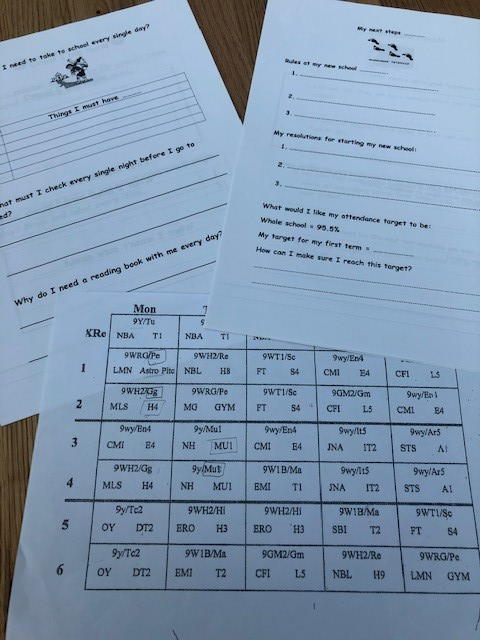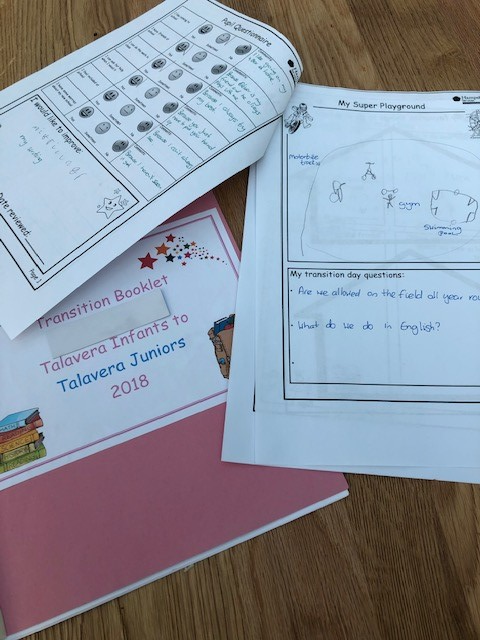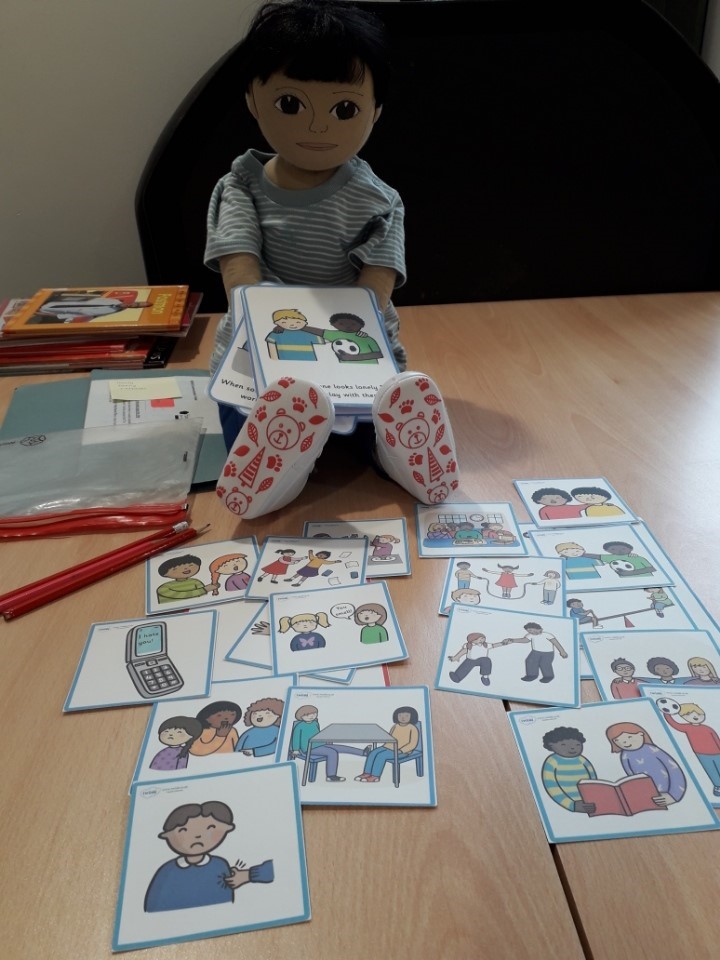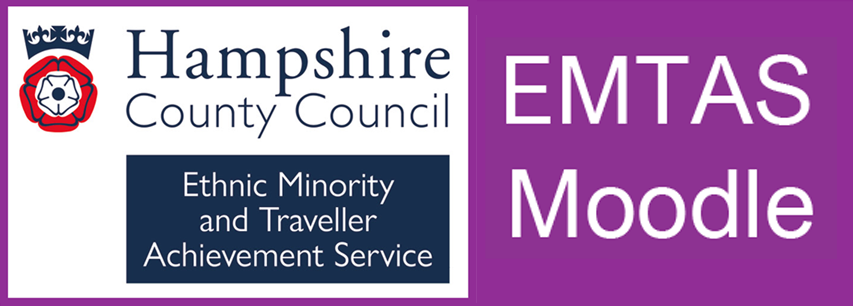Site blog
Anyone in the world
By Hampshire EMTAS Traveller Teaching Assistant Helen Smith
During the summer and autumn terms the EMTAS Traveller Team is always busy supporting pupils through the transition period. Historically, transition was focused on the transition from Year 6 to Year 7 and although this still remains the bulk of our work, we have now developed programmes to support Gypsy, Roma and Traveller (GRT) pupils from Year 2 – Year 3 (when a child is moving from an Infant school to a Juniors) and into Year R.
The period between Year 6 and Year 7 is the time when high numbers of GRT pupils are withdrawn to be Electively Home Educated (EHE); on average we lose about 30% of our pupils to EHE during this time. We are working hard with pupils, families and schools to reduce this number. During the spring term we meet to review the data and identify pupils that may be at risk of not successfully transferring to secondary school. There is a variety of identifiers for such pupils, which include:
no application for a secondary place made
low or erratic attendance
older siblings that are already EHE
children whom we have previously supported who we know have reservations about secondary school
SEND issues.
We then begin transition work by contacting schools that have pupils on roll who have not made secondary applications and we offer our help. We may ask school to chase up the application and find out from parents if they need help or we may meet with school and the family to talk through any issues and barriers. Our position on school applications is always to make the application, even if you are not sure your child will be staying in school, then give it a go even if it’s just for a term.
Our transition programme is for GRT children who have secured a secondary place. It takes place during the summer term and can be delivered over a period of between 2 and 4 weeks. It includes a follow up visit in the child’s new school in the autumn term. The aim of the programme is to encourage the children to want to start thinking more positively about secondary school and the opportunities it can give them. The programme focuses on post-16 aspirations, necessary school equipment, timetables and routines and any worries, questions and concerns. The follow up can sometimes just be a phone call to the school to check that the child has transitioned and make sure there aren’t any problems. Ideally this would then be followed by a visit to talk to the child and help with any issues they may raise.

Last year we piloted a programme to help transition from Year 2 to Year 3 where children are transferring from an infant school to a junior school, i.e. it is not aimed at children who are attending a primary school. Due to time restraints, we target this offer at children who we think may struggle to settle into their new junior school. This can be because:
they have already attended several schools
they have only recently settled into their current infant school
there are SEND issues
they are an anxious child or parent
they have low or erratic attendance.
The Year 2 – Year 3 programme comprises three sessions in the infant school and two sessions in the junior school. The programme centres around similarities and differences between the two schools and is aimed at reassuring the child about any worries they may have about their new setting.

In 2018-19, we piloted a transition programme for children transferring from pre-school to Year R, or into Year R having not attended a pre-school. Again, these will be children who have been identified by us, the school, pre-school or parent as needing extra help to settle into school. This may be because:
the child has not attended any pre-school setting
the parent is anxious about the child starting school
the attendance of siblings has been erratic or low
there are SEND issues
extra support has been recommended by an outside agency.
The bulk of the programme takes place once the child arrives in the infant school, but ideally begins with a meeting with school/pre-school and parent in the summer term to discuss any issues and help with ideas for making sure the child is school ready. The programme involves one of the EMTAS GRT persona dolls. The doll and I visit the school during the first couple of weeks. The children show us around their school and share some of their school activities and routines. Our visits are recorded in the doll’s journal using photos and the children’s work. The persona doll and I will then visit again in the spring and summer terms and check on the child’s progress.

The aim of the transition is to make the experience as positive as possible to help aid retention in all phases, especially secondary. As a team, we believe the better the experience our GRT children have early in life, the more positive an influence this can have on their attitude to school and education, which can pay dividends in the secondary phase. The majority of Year 6 GRT pupils with whom we have worked over the last 4 years are still in school and about to enter their GCSE year. This is testimony to the dedication, flexibility and perseverance of our team, the GRT children, their families and in no small part the schools.
If you have a GRT pupil that you think would benefit from EMTAS
transition support, please use the website to make a referral in the normal way, ideally by the beginning of the Summer term.
Additional information pertaining to GRT support and staff training can also be
found on our website.
Meet Helen Smith and persona doll Jesse at the next Basingstoke network meeting on March 23rd at Marnel Infant School. Booking essential. Further details on our website's training tab.
Visit the Hampshire EMTAS website
Subscribe to our Blog Digest (select EMTAS)
[ Modified: Friday, 13 March 2020, 11:06 AM ]
